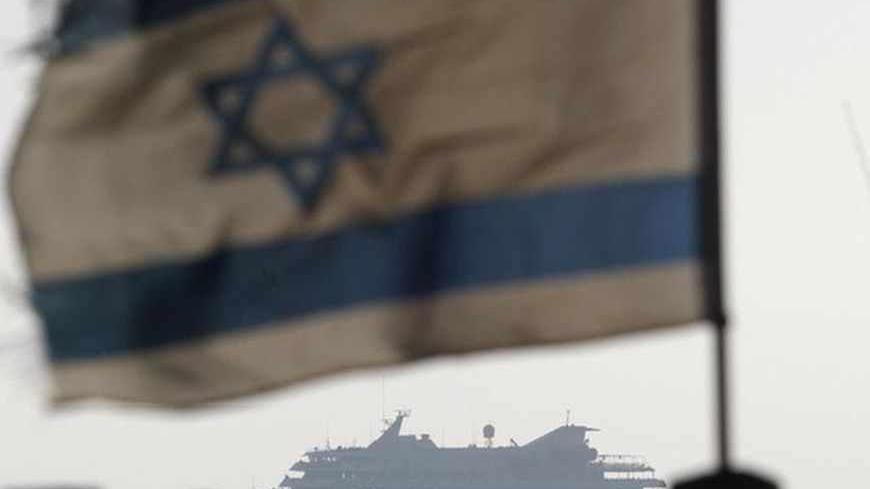The process of reconciliation between Israel and Turkey — which started with a phone call between Prime Minister Benjamin Netanyahu and Prime Minister Recep Tayyiyp Erdogan on March 22, when Netanyahu offered to meet every demand made by Turkey after the Mavi Marmara affair — has come to a standstill.
Since that phone call, no progress has been made in the normalization process, although its outline had been predetermined and agreed upon in advance. By the end of it, Ankara was supposed to send an ambassador to Israel and accept the credentials of Israel’s ambassador to Turkey. This final fanfare, signifying the end of the process, now seems even more remote than ever.



